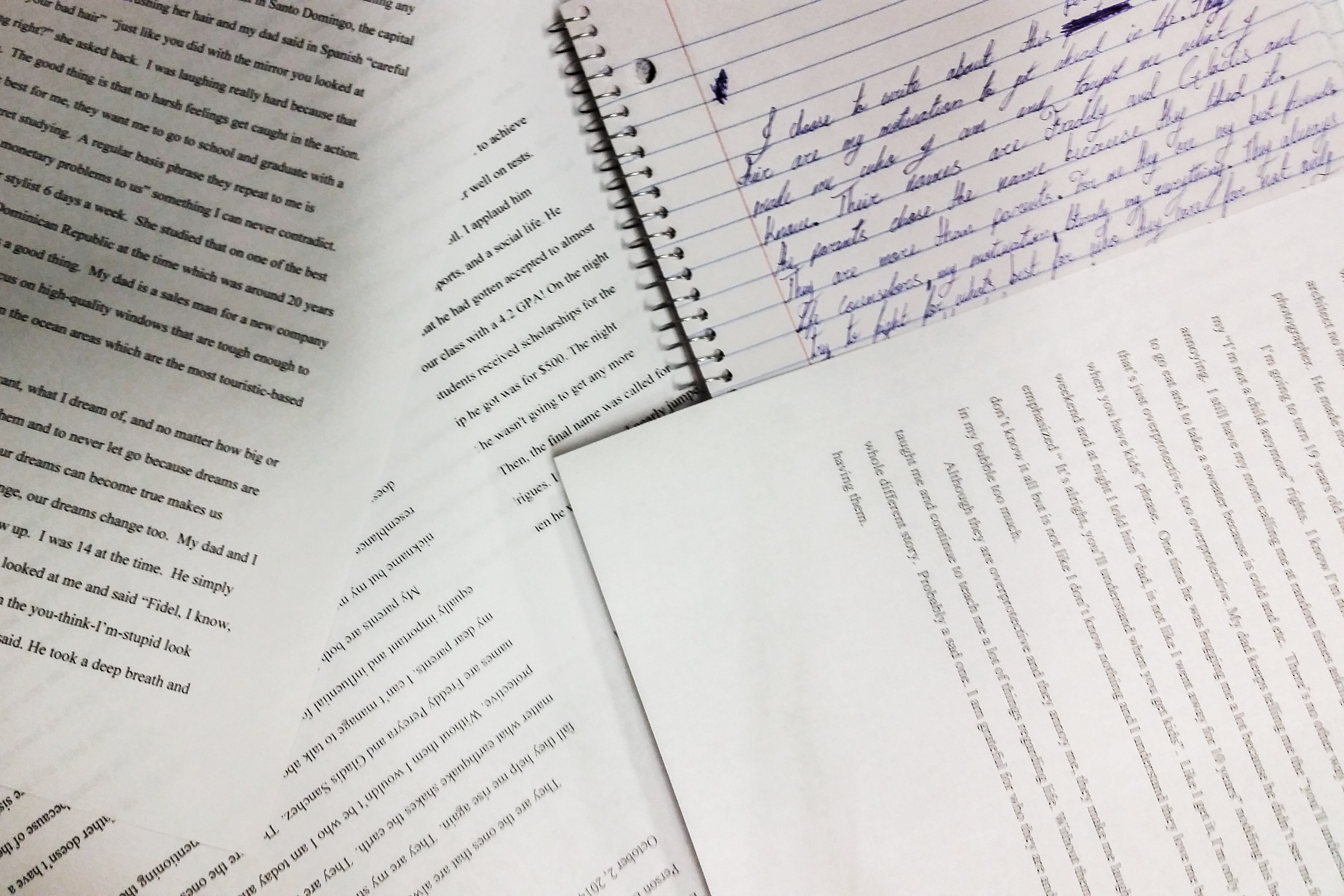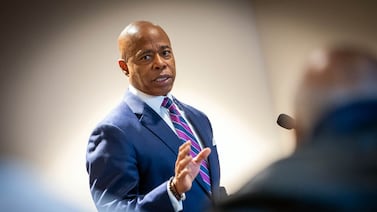Transformation or reformation: That’s the debate around Chicago’s school police program right now.
Some current and former students in Chicago Public Schools, as well as several school board members, argue that the presence of school police officers creates a school-to-prison pipeline, and they want Chicago’s program disbanded. The mayor, district leadership, and some principals, meanwhile, say school police play an important safety role. They would rather improve the program, where necessary, than end it.
On Wednesday, after a long and emotional debate, the majority of the board voted to keep school police in schools, at least for now. But the discussion drew attention to a recent review of police reform efforts, which began this year as part of a federal consent decree following the fatal police shooting — and subsequent cover up — of teenager Laquan McDonald in 2014. The event provoked widespread outrage and protests, which culminated in a civil rights lawsuit.
Independent monitor Maggie Hickey mandated a series of changes in policing in Chicago, including the biggest overhaul of the school policing program in a decade. Those efforts, which began in 2018, mandated the department create a community policing office and work more closely with city agencies.
This month, Hickey filed her second progress report, which showed that while the police department has moved forward on training officers and providing job descriptions, most of the proposed reforms were incomplete.
At the meeting this week, two board members, who had introduced a motion to terminate the $33 million school police contract, pointed to the monitor’s report as evidence that incremental change wouldn’t work.
Here are the highlights of Hickey’s progress report, as it relates to school police in Chicago:
The police department did not substantially review its police policy relating to youth and children within the first year of the decree.
Chicago police provided a revised order which said police must contact the parents or guardian of a young person under arrest, a practice some advocates say was inconsistent. Previous policy, the federal monitor said, was ambiguous on this directive.
A draft of the new school resource officer policy suggests principals notify a parent or guardian before a student is interviewed by an officer, unless the situation is an emergency.
There was little clear evidence of coordination with Chicago Public Schools, or principals, on choosing officers to serve in schools.
The agreement stipulates that district commanders coordinate with Chicago Public Schools, and individual principals, in officer selection.
In the federal monitor’s review of the hiring process for school resource officers this year, there was “limited documentation” of coordination between the police department and Chicago Public Schools.
The police department told the federal monitor they sent officer resumes to school principals, but the monitor “received no record of those correspondences.” A Chalkbeat story this school year found that some principals were offered resumes of officers to review, while others said that they were not consulted.
That is concerning, the monitor said: “The practice of merely sending a résumé to a principal with no follow-up to capture and record any feedback does not represent coordination or consultation.”
The report acknowledged that the police department had done some work to offer principals guidance on working with their school officers through a webinar in January. But some principals interviewed by Chalkbeat said they didn’t get clear directives until the webinar, five months after the deadline to institute change.
The federal monitor suggested that the police department hold school officers to a higher standard.
Currently, any police officer who wants to work in a Chicago public school must have an “appropriate” background and disciplinary history.
Hickey’s report reviewed the background of 25 randomly selected school officers and found “no serious sustained complaints,” but suggested that the district change its disciplinary standard to “excellent.” In response, the police department said changing the disciplinary standard may be an issue requiring negotiations related to its union contract.
A Chalkbeat review of current school-based officers found that 96% of officers have faced allegations of misconduct. The review was based on the Citizens Police Data Project, a database of police disciplinary records obtained by the Chicago-based non-profit journalism project Invisible Institute.
The training offered to new school officers should be more culturally sensitive and incorporate more restorative justice and pre-arrest options.
The Chicago Police Department required school officers to reapply for their positions, and veterans and newcomers alike underwent 40 hours of training on de-escalating conflicts, building relationships with young people, understanding disabilities and special education, intervening in youth crises, and recognizing implicit racial bias.
The report commended the training, which was led by NASRO, the Alabama-based National Association of School Resource Officers, a leading group training police who serve in schools.
However, the monitor also identified some gaps in the training, including cultural sensitivity, restorative justice, and more emphasis on de-escalation methods.
The classes also had too many people, the report said. With more than 70 officers per class, the trainer was limited in acting out or rehearsing scenarios as a form of training.








